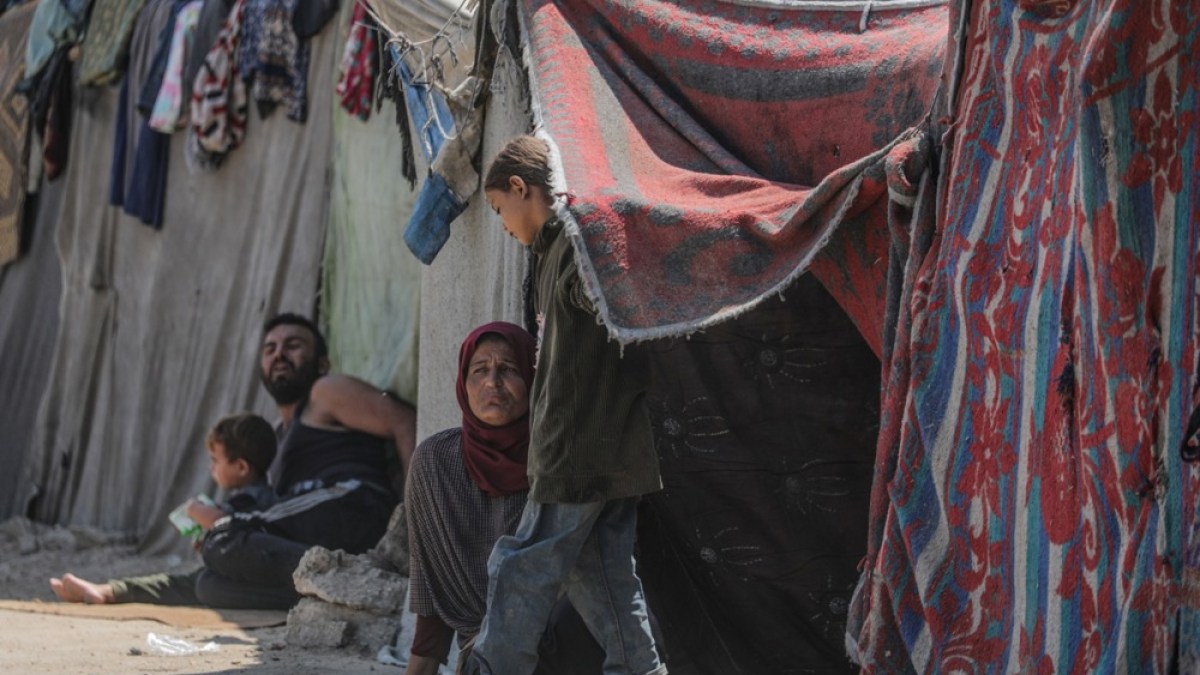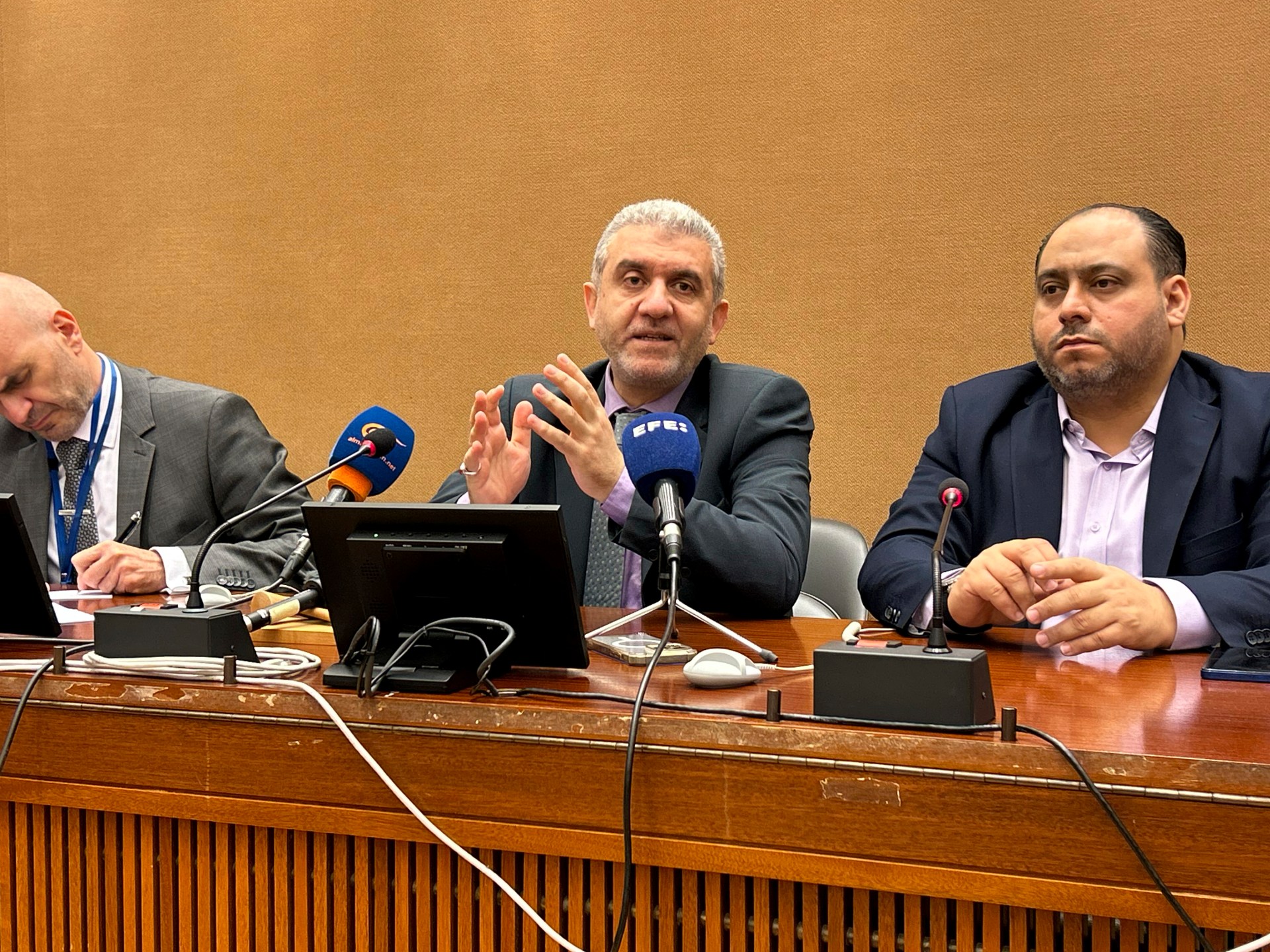Israel’s warfare methods in Gaza ‘consistent with genocide’: UN committee
 14 November 2024
14 November 2024


Israel’s warfare in the Gaza Strip is consistent with the characteristics of genocide, a United Nations committee has said, accusing the country of “using starvation as a method of war”.
In a report published on Thursday, the UN Special Committee to Investigate Israeli Practices accused the country of “using starvation as a method of war”, resulting in “mass civilian casualties and life-threatening conditions” for Palestinians.
“Since the beginning of the war, Israeli officials have publicly supported policies that strip Palestinians of the very necessities required to sustain life – food, water, and fuel,” it said.
“These statements along with the systematic and unlawful interference of humanitarian aid make clear Israel’s intent to instrumentalise life-saving supplies for political and military gains.”
Since October 7, 2023, Israel’s war in Gaza has killed at least 43,736 Palestinians and wounded 103,370, the enclave’s Ministry of Health said on Thursday.
The latest UN report reflects that published in March by UN Special Rapporteur on the occupied Palestinian territories Francesca Albanese, who concluded that there are “reasonable grounds” to believe Israel is committing genocide in Gaza.
It covers the first nine months of Israel’s war in Gaza, which followed the Hamas-led attack in southern Israel in October 2023 in which an estimated 1,139 people were killed and more than 200 taken captive.
The report also pointed out that despite repeated UN appeals as well as binding orders from the International Court of Justice and UN Security Council Resolutions, Israel continued to inflict “collective punishment” on the Palestinian population.
Israel’s extensive bombing campaign in Gaza has “decimated essential services” and “unleashed an environmental catastrophe … that will have lasting health impacts”, it said.
By early 2024, more than 25,000 tonnes of explosives – equivalent to two nuclear bombs – had been dropped on Gaza, “causing massive destruction and the collapse of water and sanitation systems, agricultural devastation, and toxic pollution”, the report said.
An Al Jazeera investigation found that within one year of war, the volume of explosives dropped on Gaza had increased to an estimated 75,000 tonnes, producing more than 42 million tonnes of debris.
At the same time, the bombings also destroyed 114 hospitals and clinics and killed more than 986 medical workers including 165 doctors, 260 nurses, 184 health associates, 76 pharmacists and 300 management and support staff, as well as 85 Palestinian Civil Defence workers mostly involved in search-and-rescue operations.
The report additionally raised “serious concerns” about Israel’s use of artificial intelligence (AI) in battle that killed not only Hamas fighters but also civilians, including many women and children.
“The Israeli military’s use of AI-assisted targeting, with minimal human oversight, combined with heavy bombs, underscores Israel’s disregard of its obligation to distinguish between civilians and combatants and take adequate safeguards to prevent civilian deaths,” the committee said.
An Al Jazeera investigation revealed in April that the AI-assisted system called Lavender was responsible for drawing up kill lists of “as many as 37,000 targets”.
Meanwhile, the UN committee accused Israel of escalating media censorship and suppressing dissent during the war, adding that its “targeting of journalists are deliberate efforts to block global access to information” about what’s happening on the ground in Gaza.
“This deliberate silencing of reporting, combined with disinformation and attacks on humanitarian workers, is a clear strategy to undermine the vital work of the UN, sever the lifeline of aid still reaching Gaza, and dismantle the international legal order,” it added.
The report urged all UN member states to uphold their legal obligations and stop Israel’s violations of international law and hold it accountable.
Related News

Purging voters: Inside Republican efforts to restrict 2024 election vote

Lebanon files complaint against Israel at UN labour body over pager attacks

US election: 11 days left – What polls say, what Harris and Trump are up to
